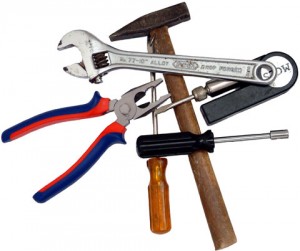Covid-19 has led some companies to turn to automation to deal with growing demand, closed offices, or budget constraints. But for other companies, the pandemic has provided cover for executives to implement ambitious automation plans they dreamed up long ago.
There’s a new employee in town, R.P.A. (robotic process automation) is beginning to take hold in professions across the board, making life easier for some and costing jobs for others. The workers most at risk for being affected when companies turn to these programs for increased ROI are the highly educated. Read more here: The Robots Are Coming for Phil in Accounting









